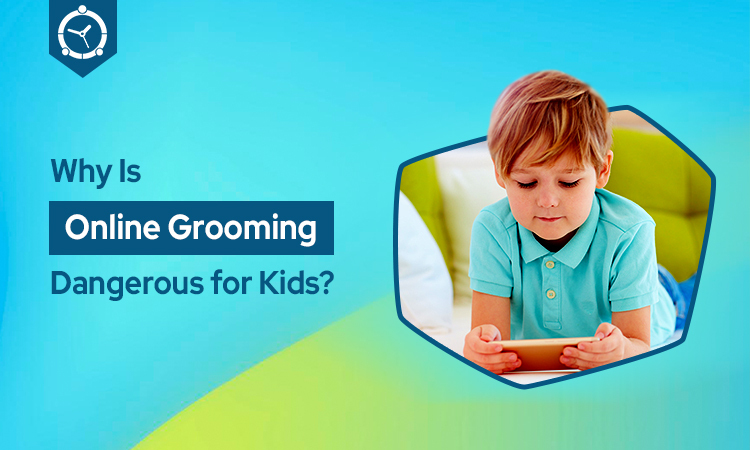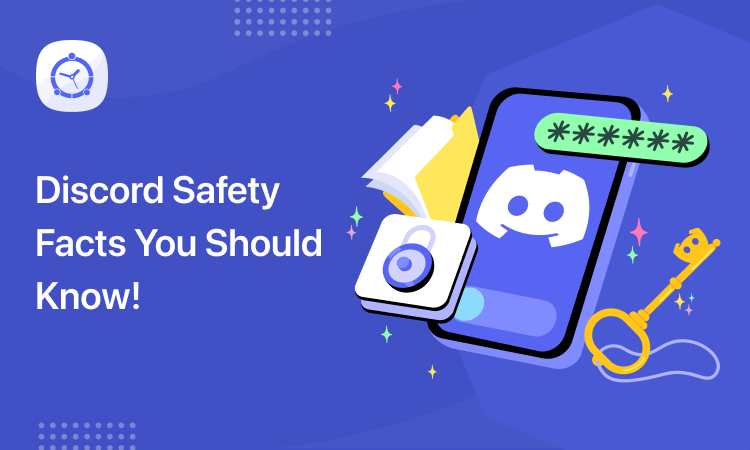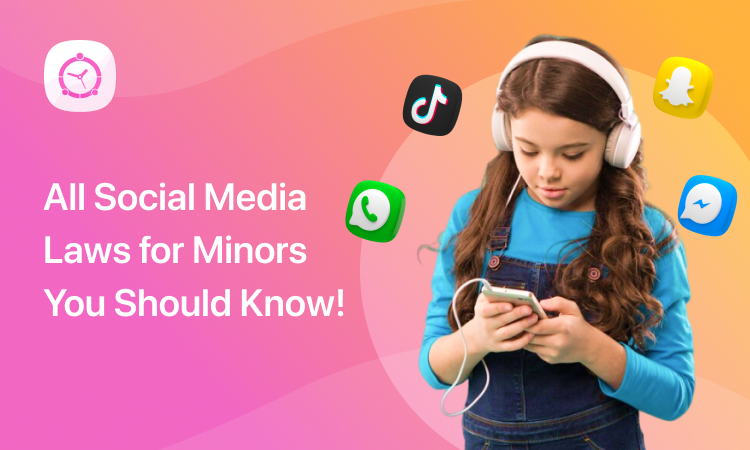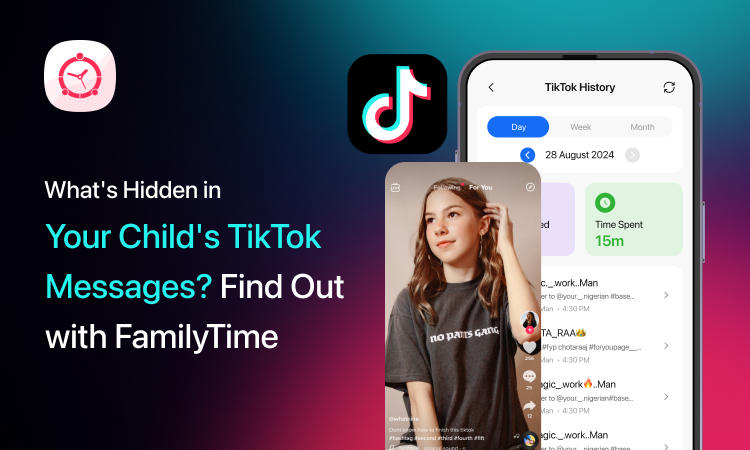The digital age is challenging for parents and kids alike. With the advent of technology, there is an app for almost everything from learning to communicating to dating and so on. Just thinking about the possibility that a child could be exposed to online grooming makes my stomach turn. The dangers posed by online dating and communication are really the stuff of nightmares for parents of young kids.
What Is Online Grooming?
If you aren’t familiar with the concept of online grooming let me explain it to you. Online grooming is also referred to as sexual grooming. It happens when a person approaches kids or adults online and builds a relationship with them by earning their trust. They play with their victims’ emotions and exploit them sexually through sexting or in-person sexual interactions.
Why Is It Dangerous For Kids?
Sexual predators may go to the extent of building a relationship with the victims’ friends or family members to deter any suspicion of their malicious intents. Sexual predators may even blackmail your child for pornography, sex trafficking, etc.
These people may appear normal and may approach your kids through commonly used social media platforms such as Facebook, Instagram, Snapchat, WhatsApp, or any other dating platform for teens.
How To Find Out Your Kid Is Being Groomed Online?
Figuring out whether your kid is a victim of online grooming is not easy because there are no clear signs. Parents have to be very subtle with this issue especially if you are dealing with a teenager. Creating an open and honest relationship with your kids will always be your first line of defense when it comes to protecting them. Besides that, you can look for the following signs and find out if your kid is being groomed by a predator.
- If your kid is very secretive about their activities and highly defensive about the people they talk to, you must find a way to keep an eye on their activities.
- If they get a boyfriend or girlfriend, be on high alert especially if they met online.
- Take notice if your kid has new or expensive things that you didn’t buy for them. Ask how they got them and if they won’t give an explanation, that is a red flag.
- If they start spending more and more time online, that needs your intervention.
- You must take remedial action if they stop sharing their emotional issues and you notice sexualized characteristics in their behavior out of the blue.
- Be on the lookout if they start spending more and more time alone or outside.
Kids don’t realize that they are getting victimized by online grooming. The parents must broach the subject very carefully to get them to open up about their experiences.
How To Spot an Online Sexual Predator?
Sexual predators have ‘a tell’ just like addicts and gamblers. They are subtle and methodical. They pre-meditate and often gather a lot of information on their targets. They plan ahead and cover their tracks. They don’t usually pounce instead, they make a slow approach and progress in stages.
Typical characteristics of such predators include the following:
- They create a bond with their victims and more often than not, this bond extends to their immediate circle of family and friends.
- They shower them with attention, gifts, and kindness to deepen their trust.
- They test their boundaries by getting more and more involved in personal issues. They might also suggest playing suggestive games such as truth or dare or online sexual games.
- They advance to their next stage by establishing touch. They may begin with an innocent high five or a hug. Then, they gradually take it to an inappropriate level such as having the kid sit on their lap or touch their private area to see how they react.
- The next step is intimidation. They instill fear in the kids to prevent them from talking about inappropriate interactions with their family or friends.
- Once they make the kid submit to fear, they begin sharing indecent material with them in form of images or videos to brainwash them that such sexual interactions are completely normal.
- They control the kids to keep everything a secret.
Knowing all this might scare any parent. However, it is our job to be brave and take the bull by the horns. There is a solution to every problem. Let’s take a look at how you can safeguard your kids from online grooming.
How To Handle This Issue?
If you feel like your kid might be facing this horror, you can confront it in two ways.
- Confrontation with the Predator
If you manage to get a hold of this predator, whether online or in person, you may confront them with a warning. If they are innocent, they will back off and apologize. Of not, they may steer clear of your kid now that their secret is out. However, it is wiser to mention this to the authorities and have them deal with it because things can take a wrong turn at any time.
- Using A Parental Control Application
Sexual predators use online communities and platforms such as Facebook, Instagram, WhatsApp, TikTok, and so on as their hunting grounds. As a parent, you can use a parental control application such as FamilyTime to keep a close eye on your kids’ online activities and see who they have been talking to and what sort of activities they are involved in.
How Can FamilyTime Help You?
FamilyTime is loved and recommended by many parents due to its unique array of features. These functions allow you to monitor your kids’ offline and online activities to prevent the nightmare of online grooming. You can manage their devices, approve or block entire apps, limit their screen time, schedule how they spend their time on their screens, track their locations, create geofences for them, and so much more.
FamilyTime provides several additional layers of security by arming kids with an SOS/Panic Button and Pick-Me-Up button that instantly alerts the parents of their location. Parents can manage several social media applications such as Facebook, WhatsApp, Instagram, etc. on their kids’ devices.








